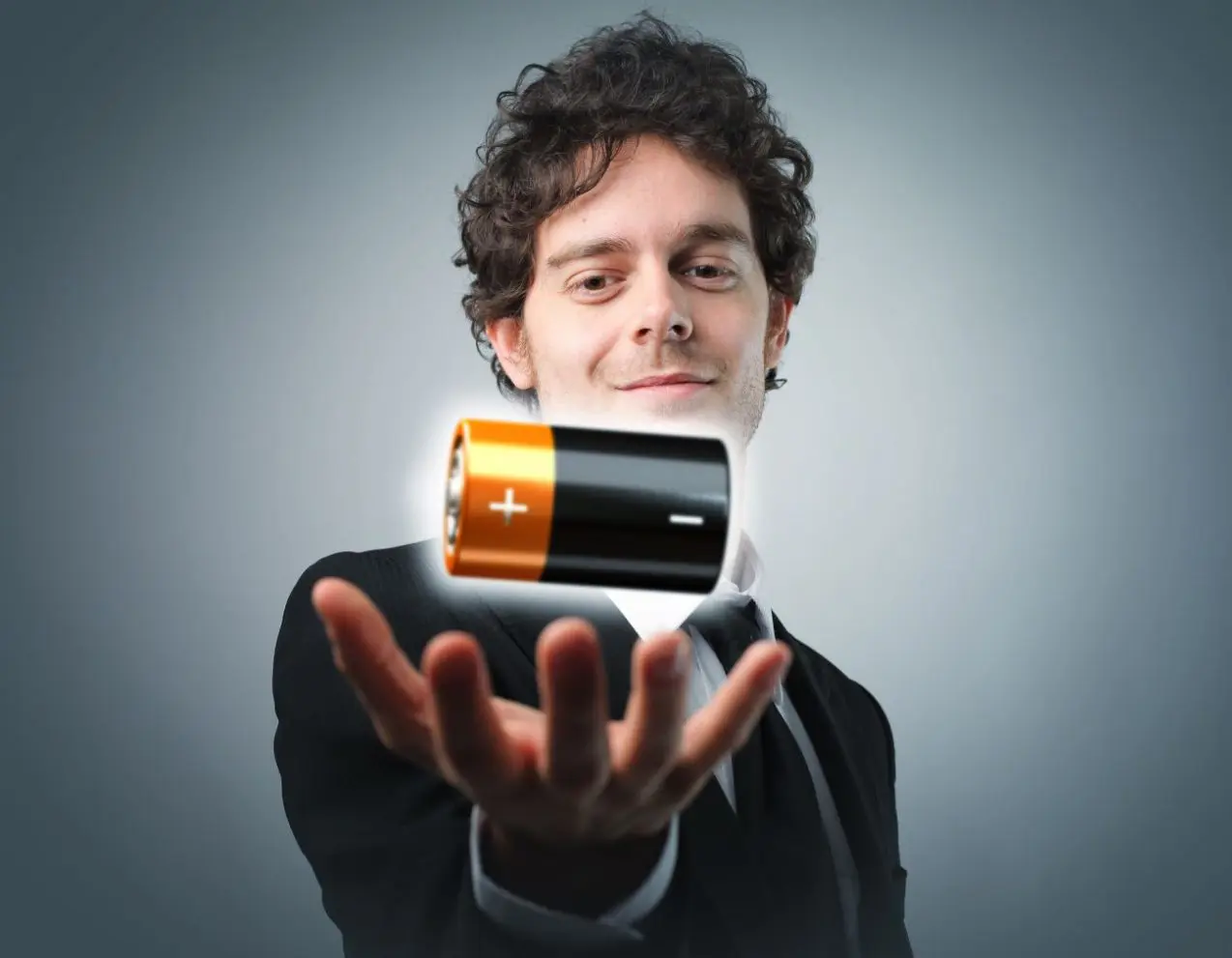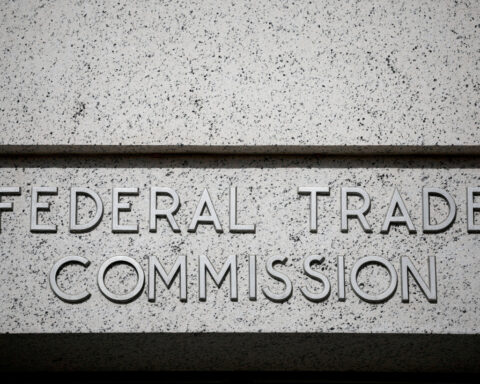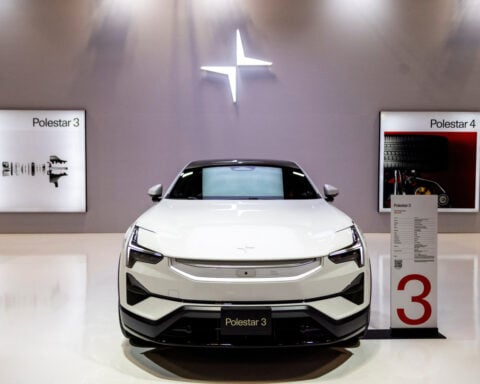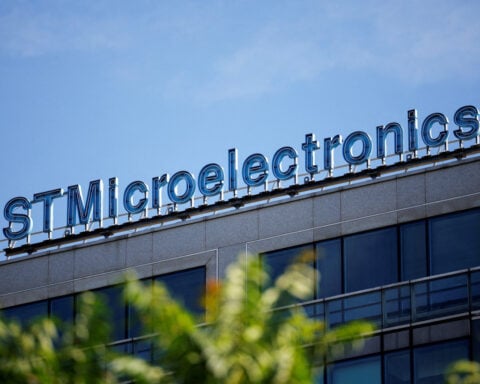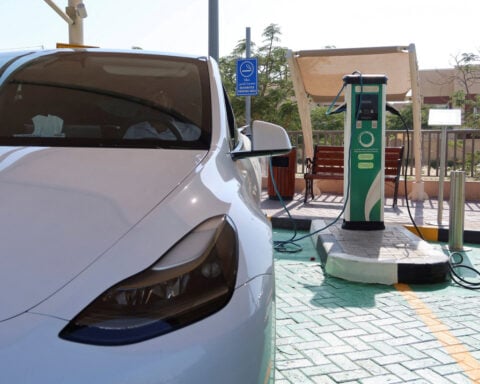China's recent unveiling of a miniature "nuclear battery" with a functional lifespan of up to 50 years, developed by Beijing-based startup Betavolt, has generated both optimism and ethical concerns within the scientific community. The technology aims to revolutionize power sources for electronic devices by converting energy released from radioactive decay into steady electric output.
Betavolt’s initial BV100 prototype uses the nickel-63 isotope as its radioactive fuel. This nickel radionuclide, with a 100-year half-life, gradually sheds electrons as it decays. The emitted energy gets captured by thin layers of diamond semiconductors within the battery unit, generating usable electricity.
The company claims its batteries are safe for human contact or implantable medical uses like pacemakers. It states the nickel-63 radiation gets fully contained within protective casings and transforms into non-radioactive copper once depleted. However, experts caution that verifying these safety promises requires extensive further testing and data.
Ionizing radiation exposure at any level does statistically increase cancer risks over time. So, the notion of radioactive micro batteries entering mass consumer product channels has raised red flags among some public health scientists. They argue that conventional chemical batteries, despite their environmental drawbacks, don't pose the same direct biological risks from contamination or leakage over decades of use.
On the other hand, advocates believe the unique advantages of nuclear micro batteries warrant continued research and development with prudent safeguards. Applications like remotely monitoring climate conditions in extreme environments can benefit more from very long battery life than power output size. Medical implants too, can utilize low-energy nuclear power sources to avoid repeated invasive surgeries for replacements.
Betavolt ambitiously projects scaling up battery capacities for smartphones and drones once manufacturing scales up. It claims the nickel-63 fuel combined with advanced diamond voltage multipliers can eventually match or exceed lithium-ion battery lifetimes at equivalent power ranges. The company even envisions mobile devices that never require plug-in recharging.
However scientists caution that major obstacles remain before such mainstream consumer adoption could become viable or ethical. One issue involves the costs, complexity, and transport risks of safely managing radioactive waste byproducts. There are also concerns that radioactive materials could more easily fall into unauthorized hands during manufacturing and distribution processes without enforceable safeguards.
While the theoretical promise of tapping into atomic energy on a micro-scale intrigues researchers, realizing this in safe, sustainable, and publicly acceptable ways requires addressing daunting interdisciplinary challenges. Independent testing from health physicists and electrochemists will be needed to fact-check Betavolt’s claims surrounding radioactive containment methods and voltage output scaling timelines.
Some technologists argue investment into other emerging battery innovations like graphene supercapacitors or solid-state lithium-metal cells could offer better risk/reward ratios for most commercial electronics. Others believe all battery techs, including nuclear, deserve ongoing R&D to evaluate capabilities.
China’s central planners may aggressively back Betavolt’s nuclear battery vision regardless of global market uncertainties, given the prestige of leading in cutting-edge micro energy harvesting models with perceived national security upsides. But for wide consumer adoption, health safety certification from international bodies would likely be necessary.
The coming years will determine whether micro nuclear energy for electronics evolves into a thriving industry or fades as a novel but impractical scientific curiosity. With careful impact assessment and responsible development best practices, hypothetically, devices could one day rely on embedded radioactive power sources without exposing users to excess dangers. But the case is far from proven, and the stakes ride high for innovators like Betavolt to deliver on their atomic promises.

 Trump has begun another trade war. Here's a timeline of how we got here
Trump has begun another trade war. Here's a timeline of how we got here
 Canada's leader laments lost friendship with US in town that sheltered stranded Americans after 9/11
Canada's leader laments lost friendship with US in town that sheltered stranded Americans after 9/11
 Chinese EV giant BYD's fourth-quarter profit leaps 73%
Chinese EV giant BYD's fourth-quarter profit leaps 73%
 You're an American in another land? Prepare to talk about the why and how of Trump 2.0
You're an American in another land? Prepare to talk about the why and how of Trump 2.0
 Chalk talk: Star power, top teams and No. 5 seeds headline the women's March Madness Sweet 16
Chalk talk: Star power, top teams and No. 5 seeds headline the women's March Madness Sweet 16
 Purdue returns to Sweet 16 with 76-62 win over McNeese in March Madness
Purdue returns to Sweet 16 with 76-62 win over McNeese in March Madness
